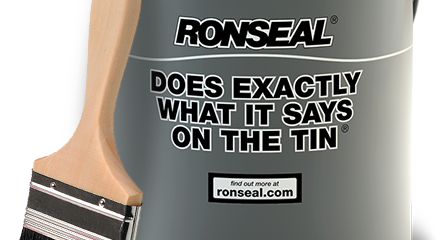At the risk of being labelled a grammar fascist, I feel the need to defend the apostrophe, which is coming under increasing fire.
Kill the Apostrophe argues for its removal from the English language on the basis that it “serves only to annoy those who know how it is supposed to be used and to confuse those who dont”.
While this seems quite extreme, there’s growing support for the sentiment. BBC Breakfast recently focused on the row and featured a linguistics expert, who suggested that the ‘conventions’ surrounding the use of apostrophes should be relaxed, and in some cases, removed.
So why is this seemingly inoffensive punctuation mark causing so much consternation?
Apostrophes indicate possession or omitted letters (don’t, it’s) – that’s pretty much it. And by doing so, they provide the English language with a flexibility and clarity that it wouldn’t otherwise have.
This extract from The Guardian’s style guide sums it up well:
- my sister’s friend’s books (refers to one sister and her friend).
- my sister’s friends’ books (one sister with lots of friends).
- my sisters’ friend’s books (more than one sister, and their friend).
- my sisters’ friends’ books (more than one sister, and their friends).
If you remove the apostrophes, you’re left guessing at its intended meaning.
Not that this reasoning carried much weight with a string of councils, including Cambridge and Mid Devon, which decreed that street signs would no longer include apostrophes in order to “avoid confusion” – policies that were, hearteningly, reversed.
I’d argue much of the confusion is caused by the multitude of organisations which decide to eschew possessive apostrophes in favour of branding considerations.
Waterstones decided to drop its apostrophe in 2012 and received a barrage of criticism that, arguably, alienated a significant proportion of its customer base. Surely if McDonald’s – a brand which has a clown as its mascot – can survive with an apostrophe, then the UK’s leading chain of book stores can.
Many also argue that the apostrophe also has no place in the digital age of hashtags and catchy URLs.
Luisa Zissman, runner-up in 2012’s series of The Apprentice, took to Twitter to ask whether her Baker’s Toolkit brand should contain an apostrophe. She eventually opted to go without, stating it was more important to consider the “look and feel of the brand”. Interestingly, though, Zissman said she would include one when referring to the brand in the content of her website.
With examples such as Waterstones, Harrods and Boots used to vindicate the anti stance, the apostrophe appears to be losing the debate around branding. However, in the wider context, I don’t think arguing that they cause confusion is sufficient justification for their removal. That’s a slippery slope to be on and also quite patronising.
If apostrophes make language easier to understand and, by that definition, less confusing, then they must be a good thing, right?
So, if you’re still struggling to get your head around them and think your business might be suffering as a result, why not get in touch with a copywriter? These businesses certainly could’ve done with one.


